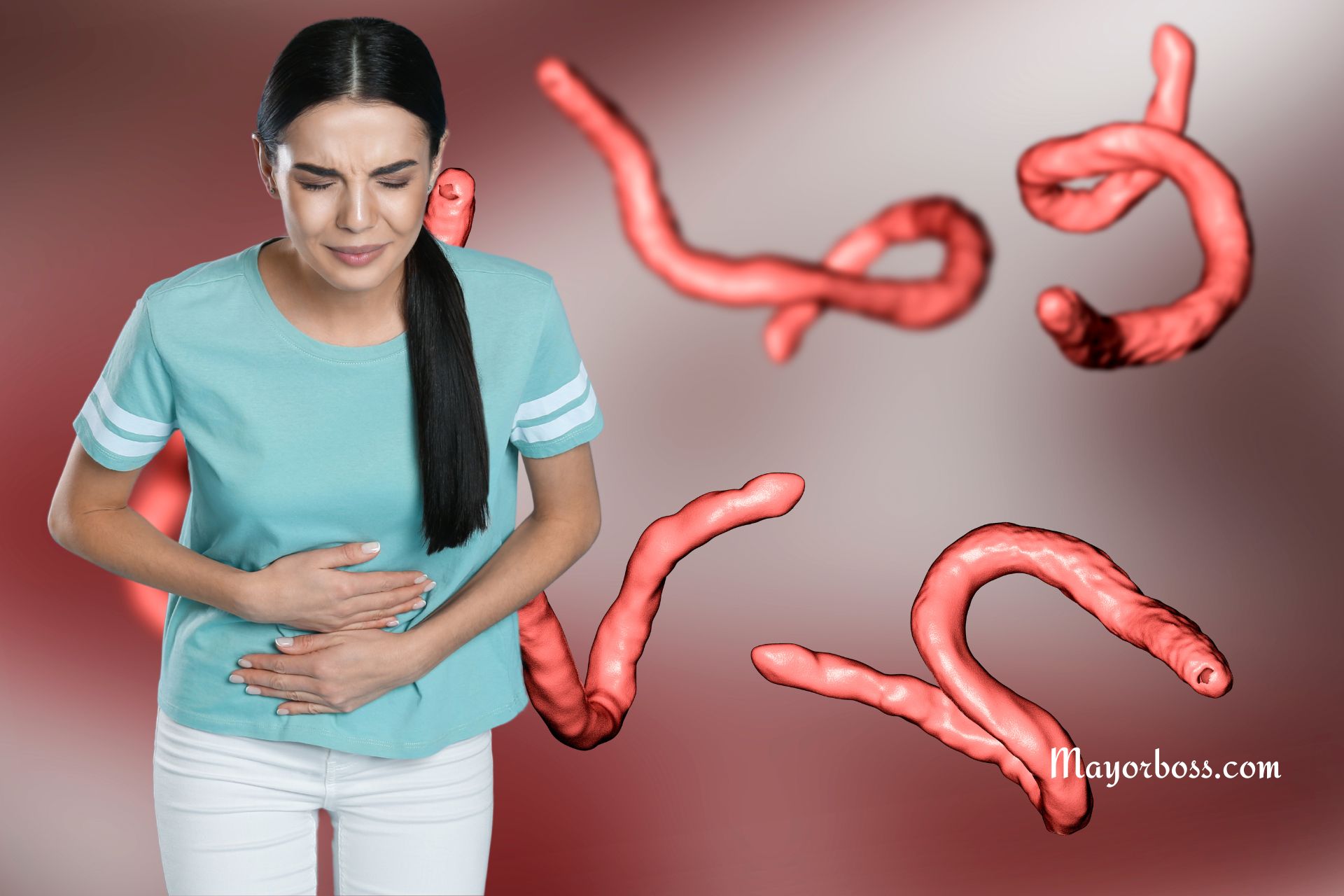Symptoms of Hookworms in Humans
Hookworms might be tiny parasites, but they can have a big impact on your health. If you’ve ever wondered what happens when hookworms make their way into your body, you’re in the right place. Read on to find out the symptoms of hookworms in humans so you know what to watch out for.

You Might Notice a Rash or Itchiness on Your Skin
One of the first hallmark signs of hookworm infection is a rash or itchy skin, especially around the area where the larvae enter your body. If you’ve been walking barefoot in soil or sand, particularly in tropical or subtropical regions, and notice an itchy, red rash on your feet, it could be an early sign of hookworm. This rash, often called “ground itch,” happens because the larvae are burrowing into your skin.
The rash itself might not be too alarming, but it’s crucial to pay attention to it. Often, easy it is to overlook something as simple as an itchy spot on the skin. However, this could be the first clue that hookworms are setting up shop in your body.
You Could Experience Abdominal Pain or Cramps
As the hookworms make their way to your intestines, you might start to experience abdominal pain or cramps. This happens because the worms attach themselves to the lining of your intestines, feeding on your blood. The pain can range from mild discomfort to severe cramps, and it’s often accompanied by a feeling of bloating or gas.
Many people might initially dismiss these symptoms as just a stomach bug or something they ate. But let me tell you, if the pain persists or becomes more intense, it’s time to take it seriously. The discomfort is a sign that the hookworms are not just passing through—they’re settling in and causing trouble.
You May Notice Unexplained Weight Loss or Fatigue
Hookworms are sneaky—they feed on your blood without you even realizing it at first. Over time, this can lead to unexplained weight loss and fatigue. You might find yourself feeling unusually tired, even if you’re getting plenty of rest. This fatigue is often due to anemia, which occurs because the hookworms are robbing your body of essential nutrients.
This is one of the most concerning symptoms. You might wonder why you’re feeling so drained all the time, especially if nothing in your routine has changed. It’s clear to me that when you start losing weight without trying or feel constantly exhausted, it’s crucial to consider whether something more serious—like a hookworm infection—could be behind it.
You Could Develop Anemia and Nutritional Deficiencies
One of the more severe consequences of hookworm infection is anemia. Hookworms latch onto the walls of your intestines and consume your blood, leading to a loss of iron and protein. Over time, this blood loss can cause anemia, which might make you feel weak, dizzy, and short of breath. You could also notice that your skin appears paler than usual.
To my surprise, many people don’t realize how quickly a hookworm infection can deplete your body of vital nutrients. In fact, it’s really actually a significant health risk, particularly for children and pregnant women. Severe anemia in pregnant women can lead to complications like low birth weight or premature delivery, per the National Library of Medicine.
You Might Have a Persistent Cough or Difficulty Breathing
Here’s what I’ve seen: not all hookworms stay in your intestines. Some larvae can travel through your bloodstream to your lungs, causing respiratory symptoms like a persistent cough or difficulty breathing. You might notice that you’re coughing more than usual or that it’s harder to catch your breath, especially after exertion.
This might seem surprising, but hookworms can actually mimic other respiratory conditions. For instance, you might think you have a common cold or even asthma when in fact, the culprit is hookworm larvae in your lungs. It’s fascinating how something so small can cause such a wide range of symptoms.
You Could Experience Nausea and Changes in Appetite
Don’t be surprised if you start to feel nauseous or notice changes in your appetite. Some people with hookworm infections report feeling queasy or losing their appetite altogether. Others might experience the opposite—a sudden increase in hunger. These changes happen because the hookworms are disrupting your digestive system and stealing the nutrients your body needs.
I’d suggest keeping track of any unusual changes in your eating habits or how you feel after meals. It occurred to me that many people might not connect these symptoms to a parasitic infection right away. But they’re an essential piece of the puzzle when it comes to identifying a hookworm infection.
Keep an Eye on Your Health and Seek Medical Advice if You Have Symptoms
To sum up, hookworms might be small, but they can cause a wide range of symptoms that shouldn’t be ignored. From itchy rashes to severe anemia, these parasites can have a profound impact on your health. The good news is that treatment is available, and the sooner you catch an infection, the better. If you notice any of the symptoms mentioned above, especially after spending time in areas where hookworms are common, don’t hesitate to reach out to a doctor.
Frequently Asked Questions
- How do humans get infected with hookworms? Humans can get infected by coming into contact with soil contaminated with hookworm larvae. Walking barefoot, gardening, or sitting on soil that contains these larvae can lead to infection.
- Can hookworms be seen in stool? Adult hookworms are not usually visible in the stool. Diagnosis is typically made by identifying hookworm eggs under a microscope during a stool examination.
- Is a hookworm infection serious? While hookworm infections can be uncomfortable, they are generally treatable. However, if left untreated, they can lead to serious nutritional deficiencies and complications such as anemia.
